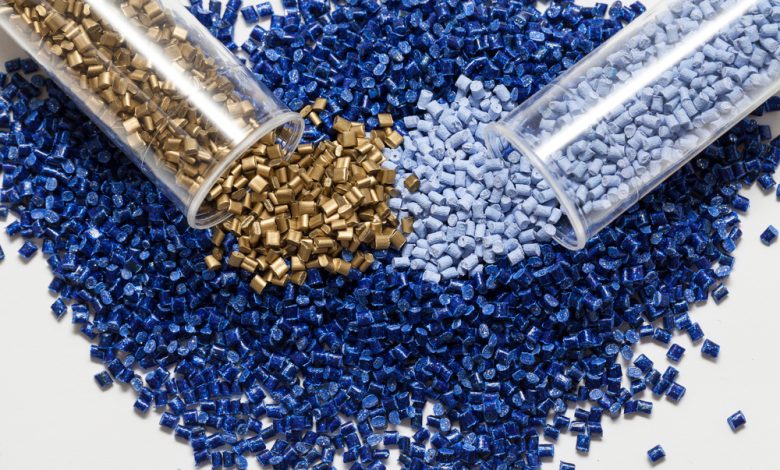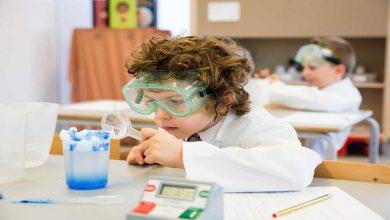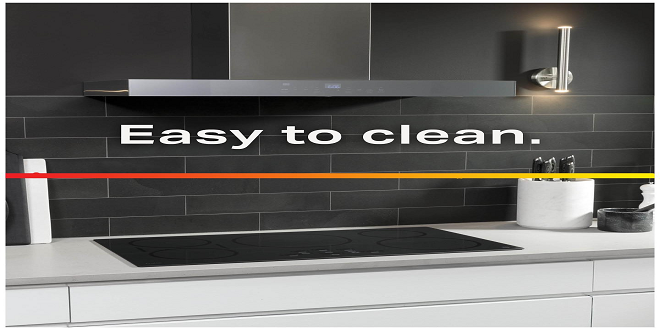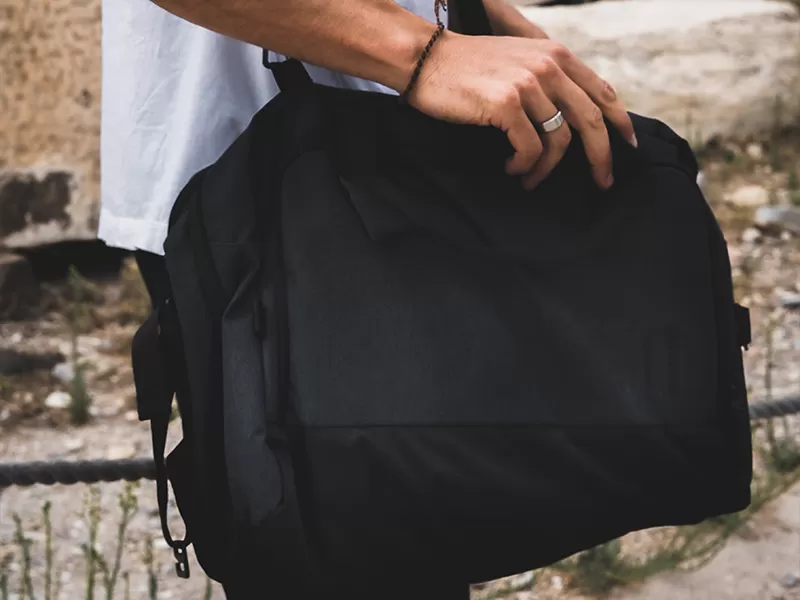Would You Use Soap Made Partially From Recycled Plastic?

Plastic is never going away regardless of the number of city councils and state lawmakers who work to ban things like plastic straws and garbage bags. To the extent that we have a problem with plastic pollution, bans are not the answer. The answer lies in finding cost-effective and workable ways to turn plastic waste into new products. Perhaps soap is one possibility.
If the idea sounds far-fetched, consider a research project currently underway at Virginia Tech. A team of researchers led by associate professor of chemistry Guoliang Liu have figured out a way to reduce scrap plastic to smaller molecules that can then be the foundation of a soap product.
Liu admits that turning plastic waste into soap isn’t a solution to plastic pollution. But no single strategy is. Reducing pollution of any type almost always requires a plethora of strategies used in combination with one another. Solving the plastic problem is no different.
Mimicking Fatty Acids
One of the main ingredients in soap are fatty acids. It is the fatty acids that break the bonds between dirt and underlying surfaces so that water can wash the dirt away. Interestingly enough, it turns out that certain kinds of plastic polymers can be converted into molecules that mimic fatty acids. Those molecules can then become the prime ingredient for soap.
Liu you and his fellow researchers decided to attack the problem with heat. Liu himself observed that a burning walk in a fireplace is being reduced to smaller molecules through the process of combustion. The wood is gradually reduced until the molecules are small enough to become gaseous particles that simply escape into the atmosphere. He surmised that a similar process could be used on plastic.
He and his team built a specialized furnace into which two types of plastic resins were fed. The temperature at the bottom of the furnace was high enough to begin breaking down the plastic. Meanwhile, the temperature at the top of the furnace was kept cool enough to prevent total evaporation. The team ended up with a combustion residue with properties remarkably similar to fatty acids. Then they went ahead and made soap with it.
The Solutions Are Out There
Congratulations to the Virginia Tech team for their work. Though they still need to figure out how to scale up and include more plastics in the mix, they seem to have hit on a workable idea. What we need now is more research that comes up with additional ways to utilize plastic waste.
Meanwhile, Tennessee-based Seraphim Plastics continues to recycle industrial plastic waste by the ton. Like other companies in their industry, Seraphim relies on a rudimentary mechanical recycling process to turn plastic pallets, buckets, dunnage trays, etc. into a regrind material that can be mixed with virgin plastic for new manufacturing.
Seraphim’s process is not nearly as sexy or complex as the Virginia Tech process. But both processes turn plastic waste into usable products. That is the way to go if we are serious about reducing plastic pollution. Forget banning straws and garbage bags. Instead, let us find a way to put all that plastic to use.
Solving Our Own Problems
Humanity has a history of solving its own problems given enough time. It seems to me that we are on the cusp of multiple breakthroughs that could put a serious dent in plastic pollution. Let us not abandon those breakthroughs in favor of shortsighted bans that will not actually accomplish anything meaningful. The best way to reduce plastic waste is to find ways to turn that waste into usable products.



